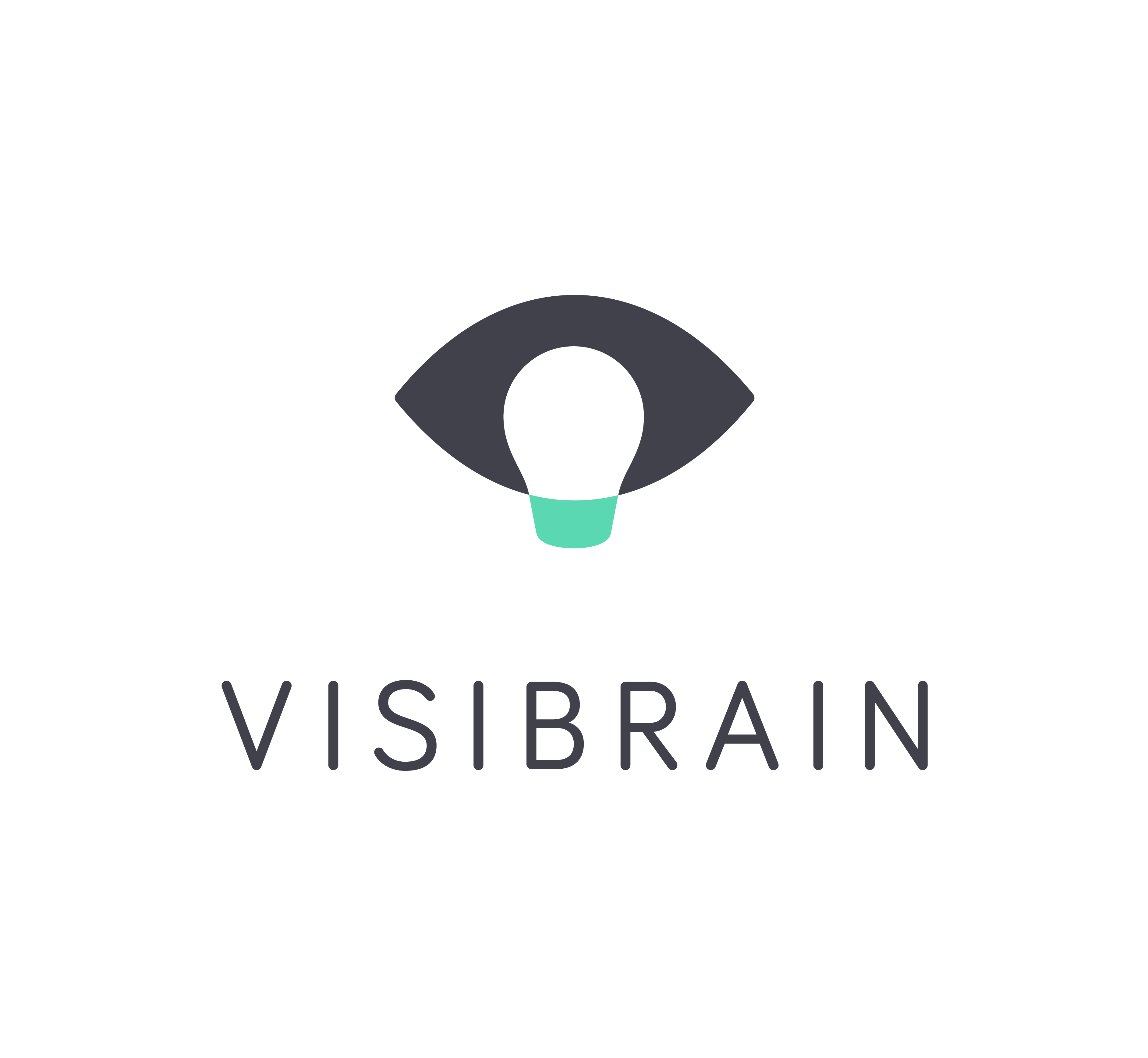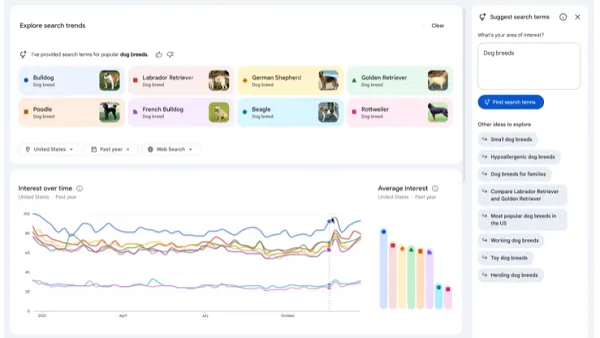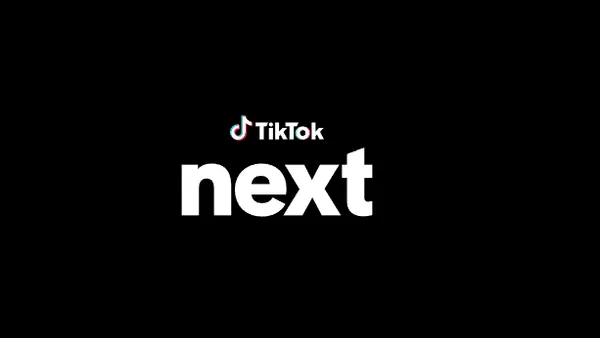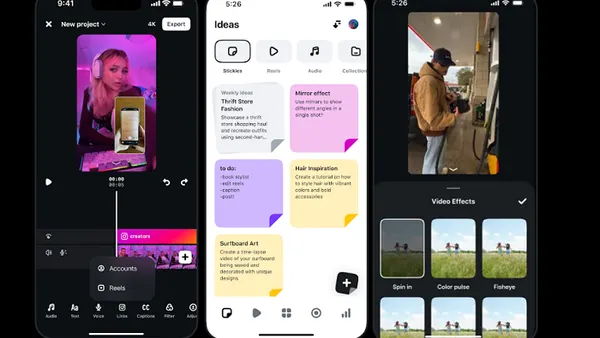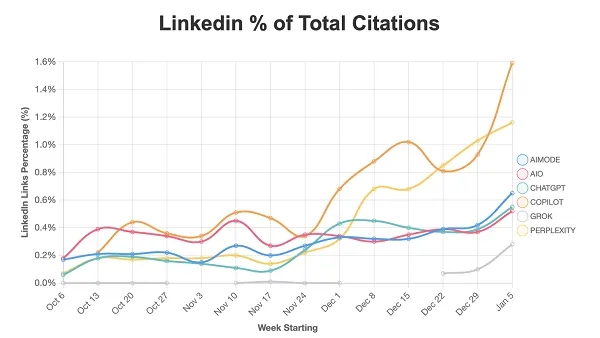Somewhere along the long and winding road to find the temple of Employee Engagement, some Contact Centers are finding a disconnect between their goals for Customer Service quality and Employee Engagement.
When Employee Engagement is successful it should also be driving Customer Engagement.
Thousands of books and articles have been written about Employee Engagement. Two of the more common ways that managers try to engage employees in Contact Centers and in other customer service settings are by implementing an employee award or incentive program, and by having team parties or theme events. I'm not saying that either of these is totally without merit for motivating and leading the way to engagement. What I am saying is that we cannot make these the end all, be all for engagement.
Some managers are focused on making the employees "feel good" using awards and parties, without finding out what really makes each Agent feel engaged and motivated.
We need to ask ourselves if our employee award program is inspiring every employee to provide great service?
A new Kohl's store opened up recently in the area I live in. I had watched the construction for months and looked forward to some Grand Opening bargains. I went shopping there shortly after it opened.
When I first arrived, I noticed the first two parking spots closest to the door were labeled. One said it was for "Employees Who Carpool". That was a first for me here in Charleston, S.C. where I live since the area seems to be more of a drive your own car everywhere kind of town and not a big carpool mecca.
The other parking sign said it was reserved for the "Star Employee". That sounded nice. I didn't see an explanation of what this meant near the sign or later anywhere in the store.
When I entered the store, I didn't see a single employee to ask where I might find a certain item I was seeking. As I walked through the store, I finally saw an employee who quickly left the area when she saw me approaching. Did I look that scary?
I saw another employee around the next corner and asked my question, which was a relatively easy one: "Do you carry X brand coats for men?"
She kept folding sweaters, made no eye contact and finally said, "I'm new here. You'll have to ask a Customer Service" and waved her hand in the general direction of the front of the store.
Apparently part of her job description did not include Customer Service but simply folding sweaters because that was clearly her focus. She made no attempt to engage my interest as a Customer.
I thought again about the Star Employee and wondered when they worked and if I would encounter them. I wondered if I could suggest a parking space for "Star Customers" who planned to spend a certain amount of money that day because having that special parking space was doing nothing for the first employee I encountered.
Perhaps the criterion for winning Kohl's Star award was well thought out, but it was doing nothing to inspire this employee to provide a wonderful Customer Experience for me. Sadder still was the fact that she was new, fresh out of training and yet showed no enthusiasm for her opportunity for a career with Kohl's. Was she just a bad hire? Why was she not more engaged?
When we create a reward program in our Contact Center, we need to insure that we are rewarding the right behaviors.
Are we rewarding the same people over and over again? Are we rewarding progress made, i.e. achievements or only 100% success? How do our programs translate to engaged employees and great service?
WHY DO FOOD OR THEME PARTIES BECOME AN EMPLOYEE ENGAGEMENT PRIORITY FOR SOME?
A favorite motivational tool for most contact center management is food. Every Contact Center I visit seems to have a variety of reasons to have food available all hours of operation: birthdays, holidays, theme parties, and the popular "make up any reason to eat" day.
Food is an easy out for many managers who want to appear to be engaging employees. It's easy to have a "fun" committee volunteer step up or be appointed and they do most of the work. It also looks great when the Vice President stops by and sees all the balloons and photos of merriment posted on the walls.
Unfortunately, the food party sugar high passes quickly and then our Agents are back to service normal mode, which may not translate to great Customer Experience mode. Shocking as it may sound, some of the "happiest" (and well-fed employees!) I've worked with in Contact Centers have not always provided the Customers with stellar service or had high levels of engagement.
In the same vein, a Contact Center Manager friend recently shared with me a story about his introduction to the new corporate regional Employee Engagement Director at their company. The new director had no experience with contact centers and had worked previously only in an academic setting.
When she came for an initial meeting onsite at the center, the Director didn't ask any employees or managers what would make them feel more engaged. She didn't refer to recent employee surveys, which showed concerns about training, opportunities for advancement, coaching and motivation from Supervisors.
Instead, the Employee Engagement Director began the meeting by telling the manager exactly what he and his team would be doing to "make employees feel engaged". She announced that starting the next month, every Thursday would be popcorn day.
Free popcorn for everyone!
Needless to say, the Manager was speechless. I can only hope that after a few months on the job, the Director is now more "engaged" with what the agents are saying which clearly wasn't about the need for free food.
Are you using your parties and theme days as ways to engage employees and drive better service? Some Agents have told me they aren't interested in these and don't want to participate but feel that they must. How does that affect their engagement level?
JOB SATISFACTION PLUS JOB CONTRIBUTION = ENGAGEMENT
In the "BlessingWhite 2011 Employee Engagement Report" they state, "Full engagement represents an alignment of maximum job satisfaction ("I like my work and do it well") with maximum job contribution ("I help achieve the goals of my organization").
In their survey with over 10,000 employees worldwide, BlessingWhite found that only 31% of employees worldwide are engaged, and as expected, the engagement levels varied based on age, role, and tenure.
One of their most striking survey findings was that Employees view "opportunities to apply their talents, career development and training as top drivers of job satisfaction". This reaffirms for me the importance of coaching and communications with agents in our Contact Centers, which unfortunately some Supervisors and Managers do not fully commit to.
As I coach with agents, I often have a chance for some private talk time and it's always interesting to hear their take on what they'd like to have versus what management is doing to engage them.
Some tell me that their Supervisor only has a conversation with them when they have done something wrong. Others said they wished they knew how they were doing but the Supervisor was always in meetings or otherwise busy. Many say that their Supervisor never asks what they think they do well, where they want to be two years from now, or anything related to career development or training. Some are perfectly content being an agent and don't want to move up in the company but just want someone to notice what they are doing.
When we offer our Agents opportunities for development and input related to their work and customer interactions, we have made them feel valued.
As we get to know each agent's skills, goals (both personal and work), and how they view the Customers and our company mission, we will understand what drives their desire to work at our center and how to help them to become more engaged. In turn, those factors can be channeled into helping them provide great service. They will want to make that "maximum contribution" to the success of your organization.
Through your coaching and one to one "roll up your sleeves" training time with an agent, you will help them to enjoy their work, warts and all, and also feel a part of the organization's goals for customer engagement. It is our job as leaders to make them feel that what they do in their front line jobs with customers is crucial to the success of our business. If they like their job, feel that they are doing it well (and you do too!) they will be more likely to help your center achieve its goals for Customer service quality and Customer Engagement.
If they still aren't fully engaged, we need to find out what is preventing it and how we can help them. If fully disengaged, they will negatively impact those working with them in your center and your Customers as well.





